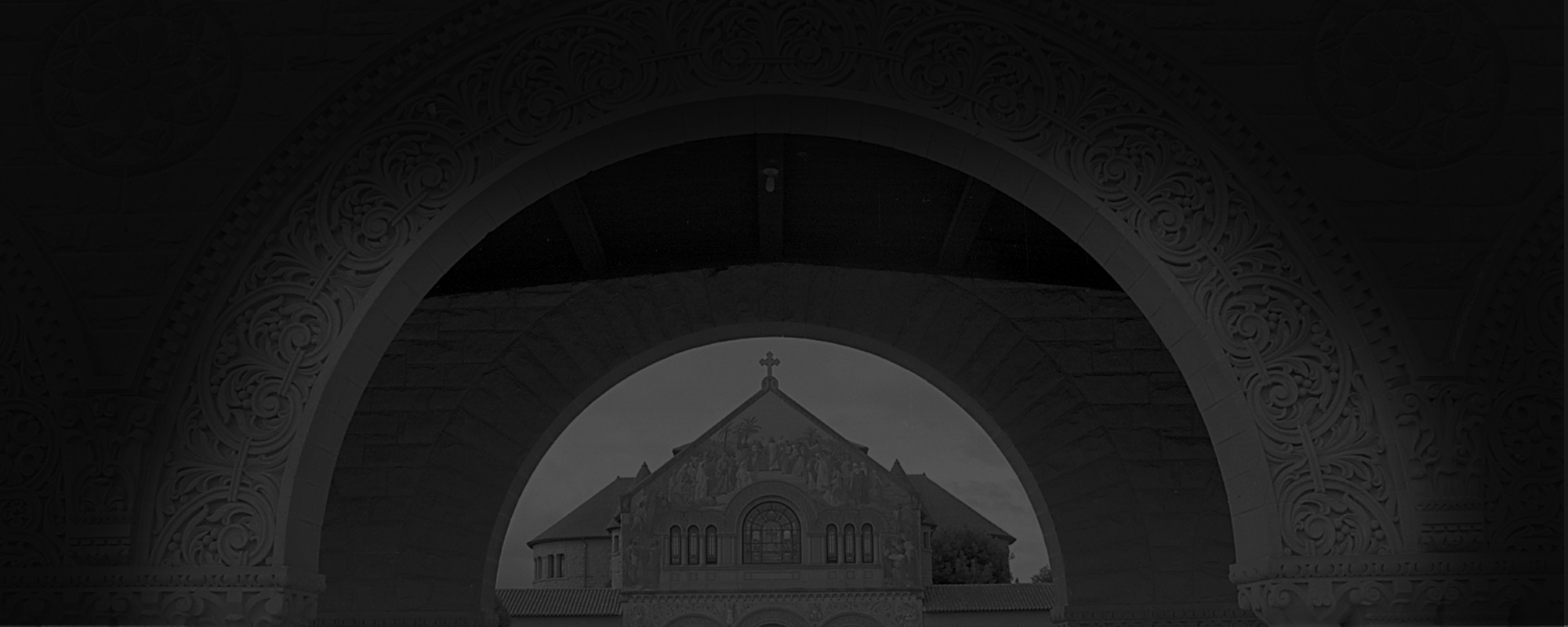Collection Development
The overall mission of this Institution is, from its records, to recall the voice of experience against the making of war, and by the study of these records and their publication, to recall man's endeavors to make and preserve peace, and to sustain for America the safeguards of the American way of life. This Institution is not, and must not be, a mere library. But with these purposes as its goal, the Institution itself must constantly and dynamically point the road to peace, to personal freedom, and to the safeguards of the American system.
-Herbert Hoover to the Board of Trustees of Stanford University, 1959
The mission of the Library & Archives of the Hoover Institution on War, Revolution and Peace is to collect, preserve, and make available important material about political, social, and economic change in the world.
Within the expanse of 20th and 21st century political, social, and economic change in the United States and the world, the Hoover Library & Archives focuses on collecting materials relating to particular areas of interest:
- Military and diplomatic history of major world conflicts
- History of the World Wars, the Korean and Vietnam Wars, and more recent conflicts
- International relief operations and refugee movements
- US foreign policy and international diplomacy
- Career of Herbert Hoover
- Russian Revolution, Chinese Cultural Revolution, and other revolutionary/separatist movements
- History of the Cold War and post-communist popular revolutions
- Governments-in-exile and international émigré communities
- Intelligence services, psychological warfare, and propaganda
- International communist, socialist, and anarchist movements
- Anticommunist organizations and dissidents
- American intellectual history related to political trends
- Free market and other economic thought and economic history
- Radical political thought and groups on the left and right in the US
- Development of fascism in Germany and elsewhere
- League of Nations and the United Nations
- Nuclear nonproliferation and efforts to secure world peace
- International education, specifically concerning education in the US and abroad as part of an overall strategy for economic and social development
As the world changes under transformative movements and events, the L&A updates these broad themes.
An important criterion of the L&A collecting scope is that relevant materials be of national or international interest, not collections limited to historical interest at the state or local level. Materials fitting Hoover's temporal and thematic scope must also be:
- Unique
- Historically significant
- Of enduring and permanent value
Unique materials are typically found in collections of unpublished personal and organizational records that contain physical or digital correspondence, original writings, reports, office files, sound and video recordings, and ephemera such as pamphlets, bulletins, posters, and websites.
Published materials and copies of materials available elsewhere, including printed matter such as books, magazines, serials, newspapers, clippings, and commercially produced sound or video recordings rarely fit the collecting criteria.
The factors determining value and significance that should be kept in mind are:
- Interest in the events or conditions documented in the collection
- Position and perspective of the person or organization creating the materials
- Presence of unusual perspectives from which a subject is documented
- Relative availability of comparable documentation
Collections that meet the above criteria are likely to have unique materials that will serve the enduring research needs of historians, scholars, and students who wish to understand past events and actions in their historical context.
The L&A recognizes that the papers of an individual or the records of an organization should be kept together. If another repository already possesses a substantial number of the papers or records of an individual or organization, we would not normally seek to house the remainder.
Deaccessioning is the process of permanently removing items from the collection after they have been appraised and determined that they no longer fulfill the needs of the institution. Appraisal of materials currently held in the archives may be completed at the level of an entire collection or a portion of a collection. Materials determined to be out of collecting scope, historically insignificant, or duplicate, as determined by the archivists and curators, may be transferred to a more appropriate repository, returned to the donor, or discarded.


